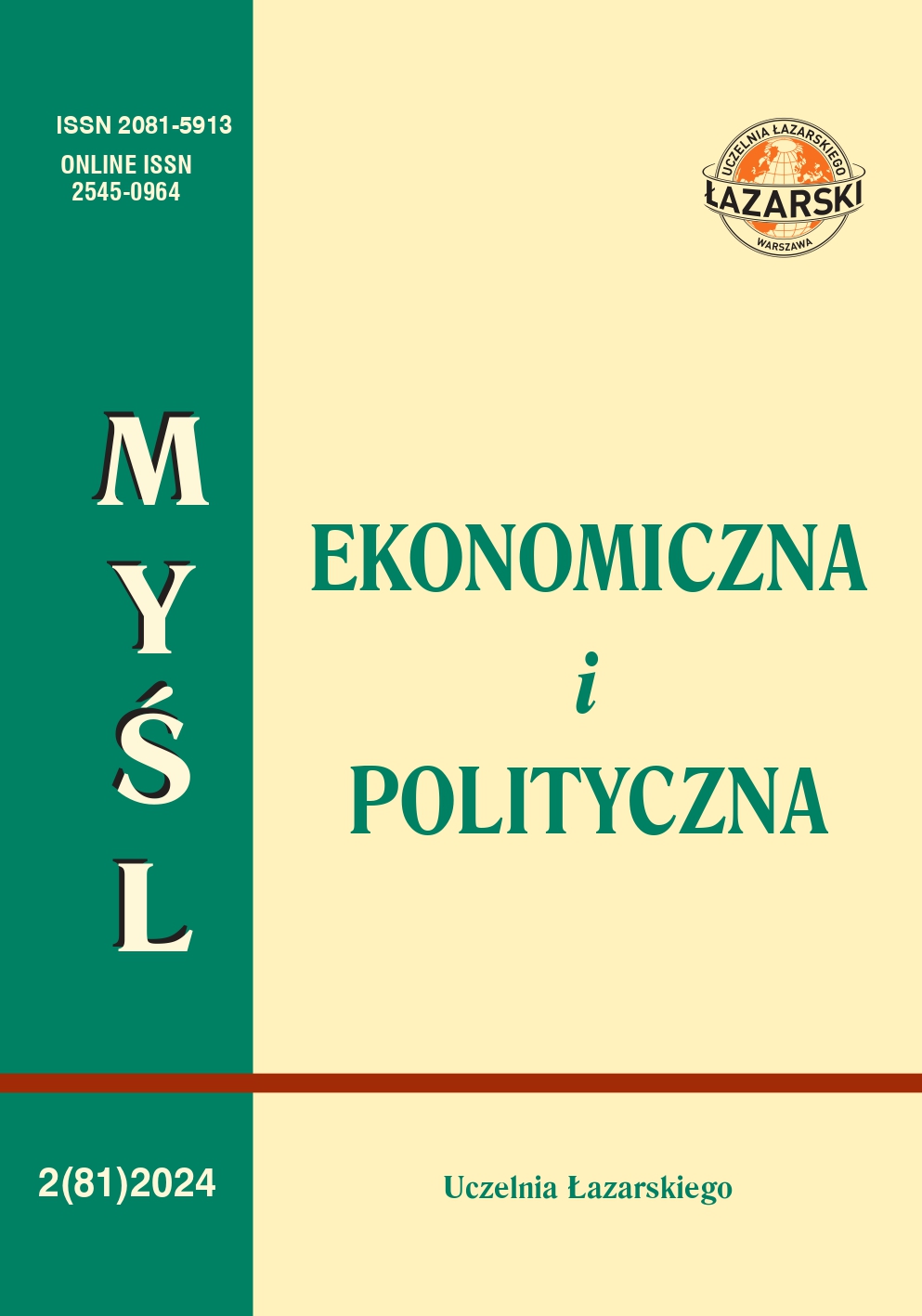Abstrakt
Dziś, gdy demokracje na całym świecie się cofają, a reżimy autorytarne stają się coraz bardziej represyjne, Mołdawia wyłania się jako „jasny punkt” w Europie. Pomimo wyzwań gospodarczych i politycznych demokracja nadal rozwija się w tym kraju. Rosja próbuje wykorzystać różne rodzaje nacisków, aby ukarać Mołdawię za jej proeuropejskie stanowisko. Celem tego opracowania jest ocena ewolucji politycznej Mołdawii po uzyskaniu niepodległości w okresie postsowieckim. Chociaż kraj przeszedł przez zupełnie inne etapy rządów od czasu uzyskania niepodległości, głównymi czynnikami, które utrudniały próbę ustanowienia demokratycznego reżimu w Mołdawii, były niepewna pozycja kraju w systemie międzynarodowym, słabe instytucje państwowe, brak rządów prawa i głębokie zerwanie z tożsamością narodową, które zostało dodatkowo pogłębione przez zakorzenioną w tym kraju korupcję systemową. Moskwa aktywnie wykorzystywała konflikt naddniestrzański przez lata, aby ograniczyć prozachodnie aspiracje Mołdawii.

